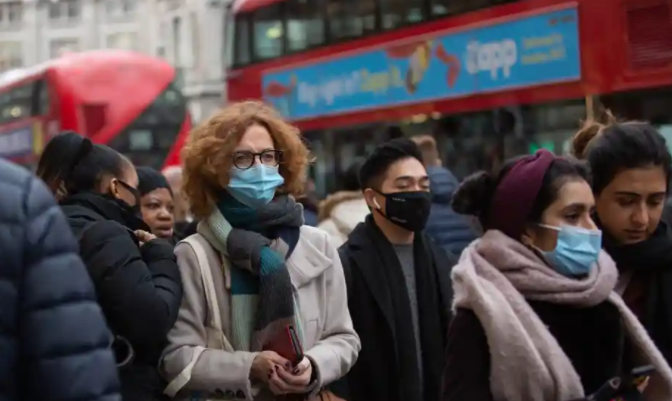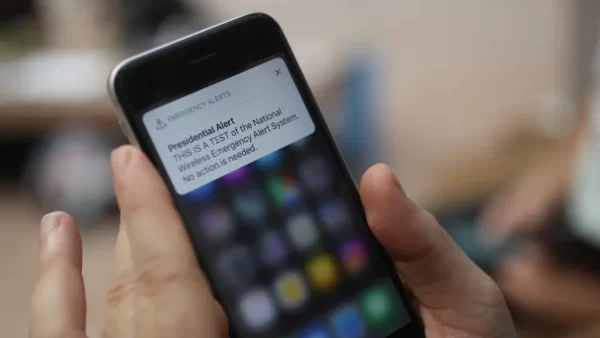UK shifts into “Living With Covid” phase
With Covid cases rapidly falling across the globe, UK Prime Minister Boris Johnson announced that all remaining Covid restrictions will be lifted. This “Living With Covid” plan comes after nearly two years of mandates and regulations; however, some health officials are still skeptical as to if this plan will actually work.
Despite mandates ending across the United Kingdom, countries will lift restrictions at different paces. For example, the “Living With Covid” plan in England will be enacted in two phases. The first phase, which went into effect on February 24th, will lift restrictions on quarantining and contact tracing. Those infected with Covid will no longer be required to self-isolate for five days, but it is still strongly recommended to do so. Fully vaccinated citizens will also not be required to test daily for seven days if they come in close contact with someone who tested positive for Covid. Masks will no longer be required on London’s public transport, and Covid passports, which show vaccination status, will not be required to enter many businesses and venues.
The second phase, which will begin on April 1st, will end free mass-testing. Both symptomatic and asymptomatic tests will be targeted towards those who are most at-risk instead of the general public. In addition, the government will no longer recommend Covid passports be used, except in cases of international travel.
For Scotland, many restrictions will end on March 21st. The requirement of masks inside closed public spaces and public transport will no longer be enforced, and places of worship will no longer have to follow the government’s guidance on Covid procedures. In Wales and Northern Ireland, nightclubs will be reopened, and Covid mandates will be gradually phased out over the next few months.
Prime Minister Johnson emphasized the UK’s high vaccination rates and group immunity as reasons for why mandates were rolled back. “We now have sufficient levels of immunity to complete the transition from protecting people with government interventions to relying on vaccines and treatments as our first line of defense,” said Johnson in an address to the House of Commons. Nearly 50 million British citizens are fully vaccinated.
Even with cases going down, Covid is still very much a part of life in the United Kingdom. The Queen tested positive for the virus on February 20th, which Johnson acknowledged in his address to the House of Commons. Johnson called The Queen’s illness is an important reminder that the virus has not gone away. Over 160,000 British citizens have died from the Coronavirus, with thousands more cases and deaths still projected for the coming year.
The new Covid plan, while endorsed by the Prime Minister, has many critics. “Any decision to effectively turn off the tap on our National Testing Programme with no future plans in place to reactivate it would put people at risk,” said Welsh First Minister Mark Drakeford. The current plan does not have a system in place to deal with a future wave in cases, which is something experts say is a possibility. “If we get hit with another variant and we’ve already abandoned all measures, it is going to be really hard to put anything back in place,” said Dr. Mike Ryan, executive director of WHO’s Health Emergencies Program.
Despite the criticism, Johnson is optimistic for the smooth reopening of Great Britain, stressing the importance of cooperation from British citizens. “It is time that we got our confidence back, we don’t need laws to compel people to be considerate to others, we can rely on that sense of responsibility toward one another,” he said while speaking to Parliament.





